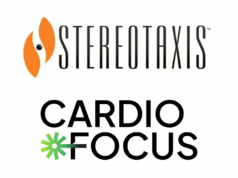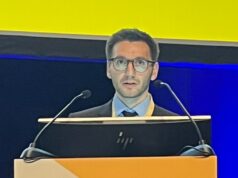Daiichi Sankyo has announced that the US Food and Drug Administration’s (FDA) Cardiovascular and Renal Drugs Advisory Committee voted 9 to 1 to recommend approval of once-daily Savaysa (edoxaban) 60mg dosing regimen for the reduction in risk of stroke and systemic embolic events in patients with non-valvular atrial fibrillation.
“We are confident that the outcomes and robustness of the ENGAGE AF-TIMI 48 study fully support the approval in the USA of the 60mg dosing regimen of Savaysa for patients with non-valvular atrial fibrillation, with a dose reduction to 30mg in selected patients,” says Glenn Gormley, senior executive officer and global head of research and development, limited and executive chairman and president at Daiichi Sankyo. “We will continue to work with the FDA as it completes its review of our new drug application for Savaysa for the prevention of stroke and systemic embolic events in patients with atrial fibrillation.”
The recommendations were provided after review of the ENGAGE AF-TIMI 48 study results, which were previously communicated at the 2013 American Heart Association Scientific Sessions. The data demonstrated that once-daily edoxaban met the primary efficacy endpoint of non-inferiority compared to warfarin for the reduction in risk of stroke and systemic embolic events in patients with non-valvular atrial fibrillation, and demonstrated significantly less major bleeding compared to warfarin, achieving superiority for the principal safety endpoint of major bleeding.
Daiichi Sankyo is currently seeking approval from the FDA for the 60mg dosing regimen of edoxaban (with a dose reduction to 30mg for patients with known factors such as renal impairment, low body weight or concomitant use of certain P-glycoprotein inhibitors that can potentially increase the risk of bleeding due to expected higher edoxaban exposure) for the reduction in risk of stroke and systemic embolic events in patients with non-valvular atrial fibrillation.
Daiichi Sankyo is also seeking approval of edoxaban for the treatment and prevention of recurrence of symptomatic venous thromboembolism based on the results from the Hokusai-VTE study, which is the single largest comparative trial of a novel oral anticoagulant in this patient population.









